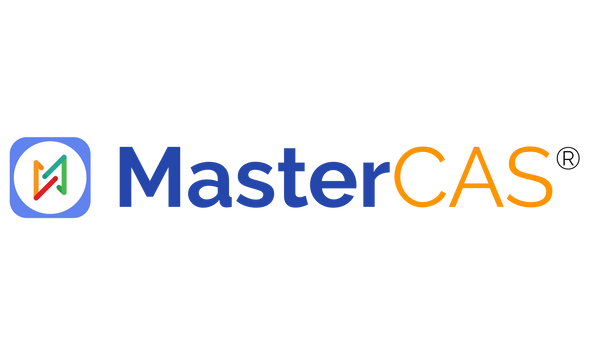
Application Strategy Masterclass: Essays, GMAT/GRE Trends, and Deadlines for 2025–2026
Share
Why application strategy matters more than ever
MBA applications are rising again after a dip during the pandemic. According to GMAC, 2024 global MBA applications grew 7% year-on-year, led by increases in Europe and Asia. With greater competition, admissions committees are becoming sharper in their scrutiny. Essays, test scores, and timing now matter even more for standing out.
Part 1: Essays — your authentic narrative
Essays remain the most human part of an MBA application. In 2025, most top programs are emphasising:
- Career vision clarity: Schools want to see concrete, achievable goals linked to industry data. For example: “Join McKinsey’s digital practice in Southeast Asia” is stronger than “Work in consulting.”
- Leadership through impact: Harvard, Wharton, and INSEAD essay prompts increasingly probe impact beyond titles—community, sustainability, or start-up leadership.
- Diversity of experience: Schools actively seek essays showing global exposure, resilience, or unconventional paths (NGOs, family business, creative industries).
Tips:
- Avoid generic claims like “I want to lead in a global world.” Back assertions with data points or anecdotes.
- Balance ambition with feasibility. Unrealistic five-year goals undermine credibility.
- Get feedback from alumni or admissions consultants familiar with the specific school culture.
Part 2: GMAT/GRE trends
Standardised testing is in flux:
- GMAT Focus Edition (2023 update): Shorter, adaptive, and with no essay section. Average GMAT scores at M7 schools remain high—720+ for Harvard, Stanford, Wharton.
- GRE acceptance expands: 80% of global MBA programs now accept the GRE. Some schools (e.g., Yale SOM, LBS) report that 20–30% of their classes enrolled with GRE scores.
- Test-optional? A few schools (notably in Europe and Asia) experiment with test waivers for exceptional profiles. But U.S. elite schools largely still require GMAT/GRE.
Main takeaway: Unless you have exceptional credentials (PhD, CFA, Olympian achievements), submitting a strong test score remains a competitive edge.
Part 3: Deadlines — why timing is everything
MBA deadlines vary by region but generally fall into three “rounds”:
- Round 1 (Sept–Oct 2025): Highest admit + scholarship odds. Recommended for strong candidates ready early.
- Round 2 (Jan 2026): Largest applicant pool; slightly lower odds, but still strong for well-prepared candidates.
- Round 3 (Mar–Apr 2026): Often toughest, with limited seats and reduced scholarship availability.
Examples (Class of 2028 intake):
- Harvard: R1 Sep 5, R2 Jan 7
- INSEAD: R1 Sep 11, R2 Jan 14, R3 Mar 25
- LBS: R1 Sep 12, R2 Jan 6, R3 Mar 31
Advice:
- Apply in Round 1 if your test score and essays are polished.
- Round 2 works well for reapplicants or those who need extra time for scores.
- Round 3 should be avoided unless you have a unique profile.
Part 4: Other crucial factors
- Recommendations: Select referees who can speak to your growth and leadership trajectory, not just seniority.
- Interviews: Increasingly behavioural, testing authenticity and alignment with school values.
- Work experience: Average at top schools remains 4–6 years, but the quality of impact matters more than quantity.
Pitfalls to avoid
- Submitting essays without school fit. Copy-paste essays are easy to spot. Customise each one.
- Chasing test waivers unnecessarily. A solid GMAT/GRE often boosts, not harms, an application.
- Procrastinating until Round 3. Late applications rarely succeed at elite schools.
- Choosing recommenders for prestige. Better to have a direct manager than a distant CEO who barely knows you.
Conclusion
In the 2025–2026 cycle, MBA applications demand clarity of goals, strong test preparation, and strategic timing. Essays should tell authentic impact stories, GMAT/GRE scores remain key differentiators, and Round 1 applications maximise chances.
An MBA is not just about admission—it’s about setting the stage for a decade of career acceleration. The way applicants prepare today will shape opportunities tomorrow.










